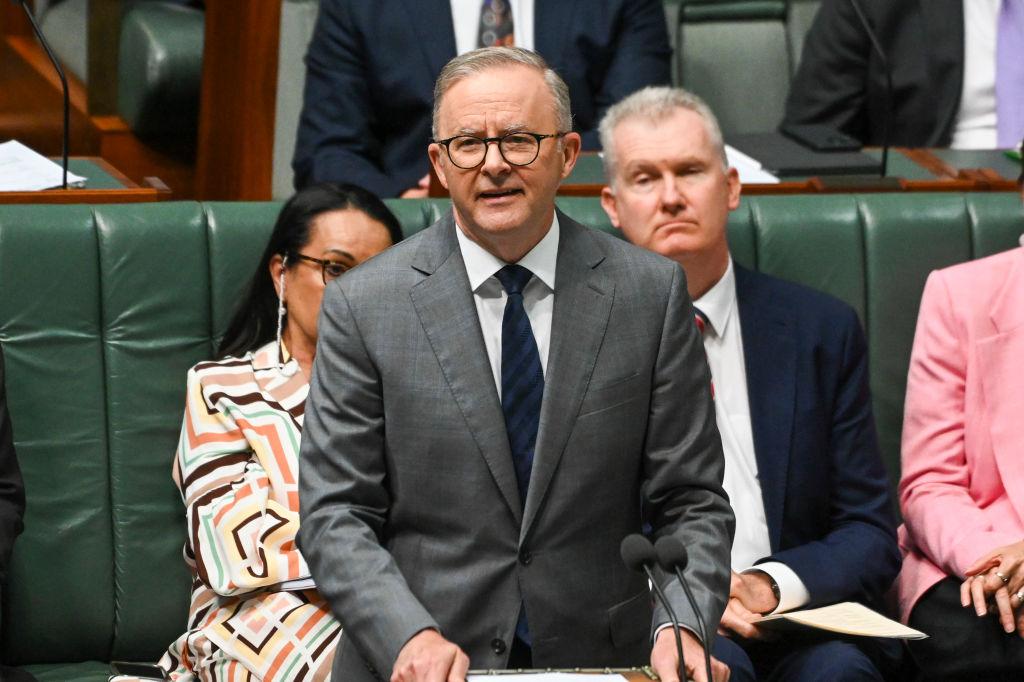Commentary
Prime Minister Anthony Albanese’s proposed constitutional change to give Aboriginal people a “Voice to Parliament” is well-intentioned. However, as the proverb says, “the road to hell is paved with good intentions.”

Prime Minister Anthony Albanese’s proposed constitutional change to give Aboriginal people a “Voice to Parliament” is well-intentioned. However, as the proverb says, “the road to hell is paved with good intentions.”